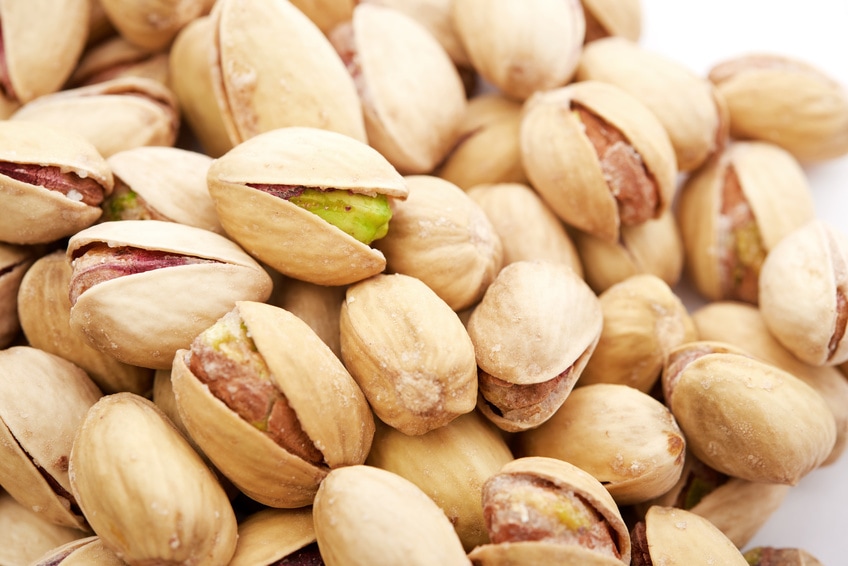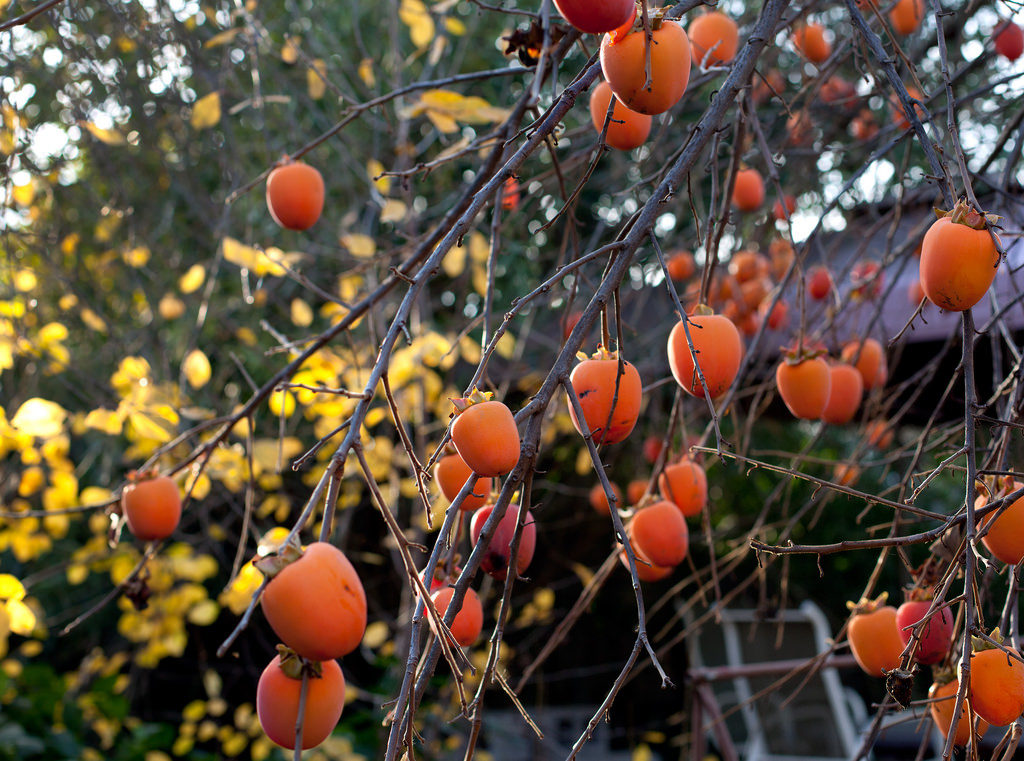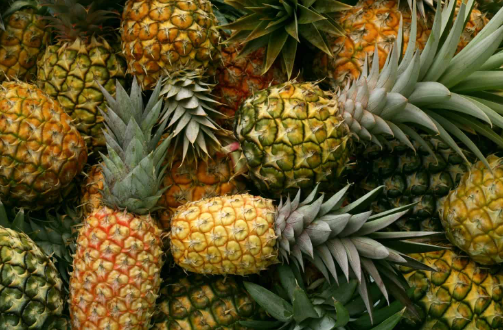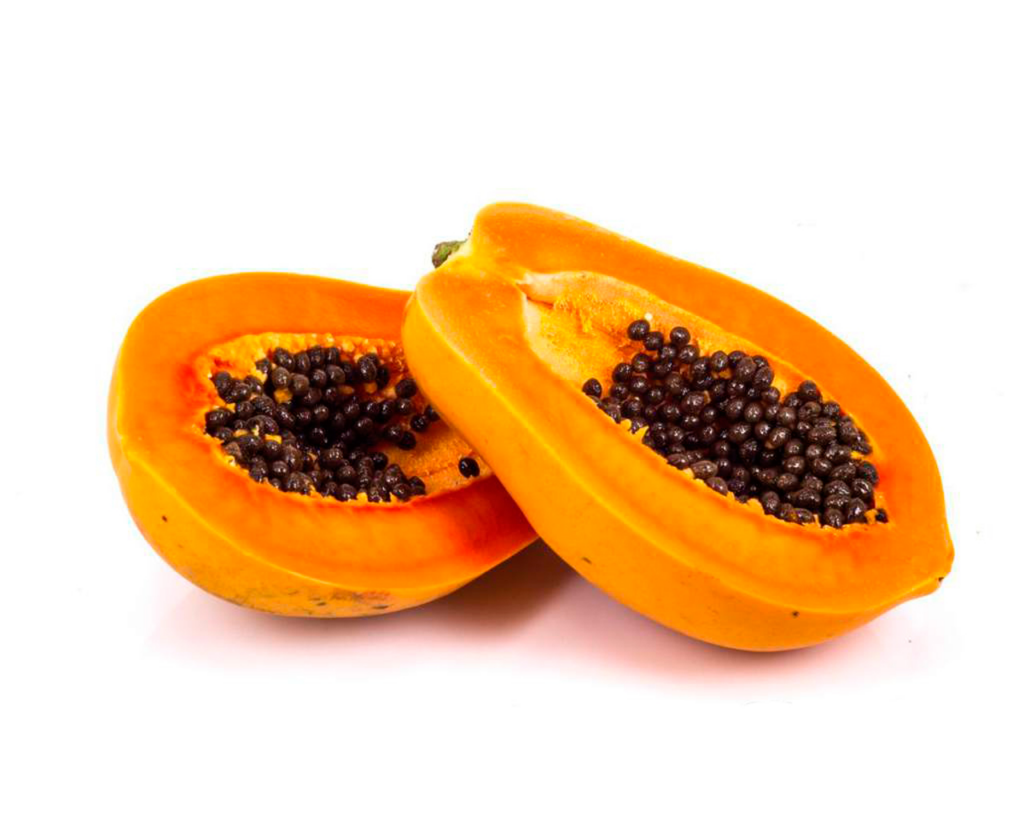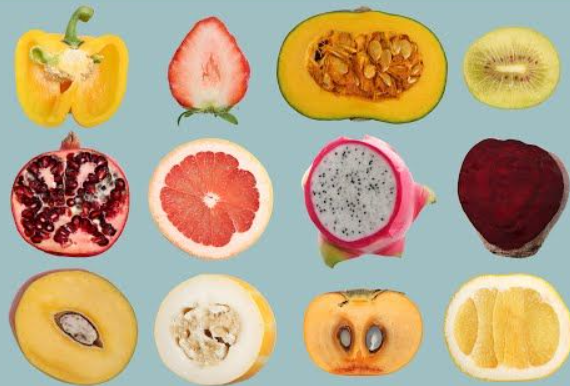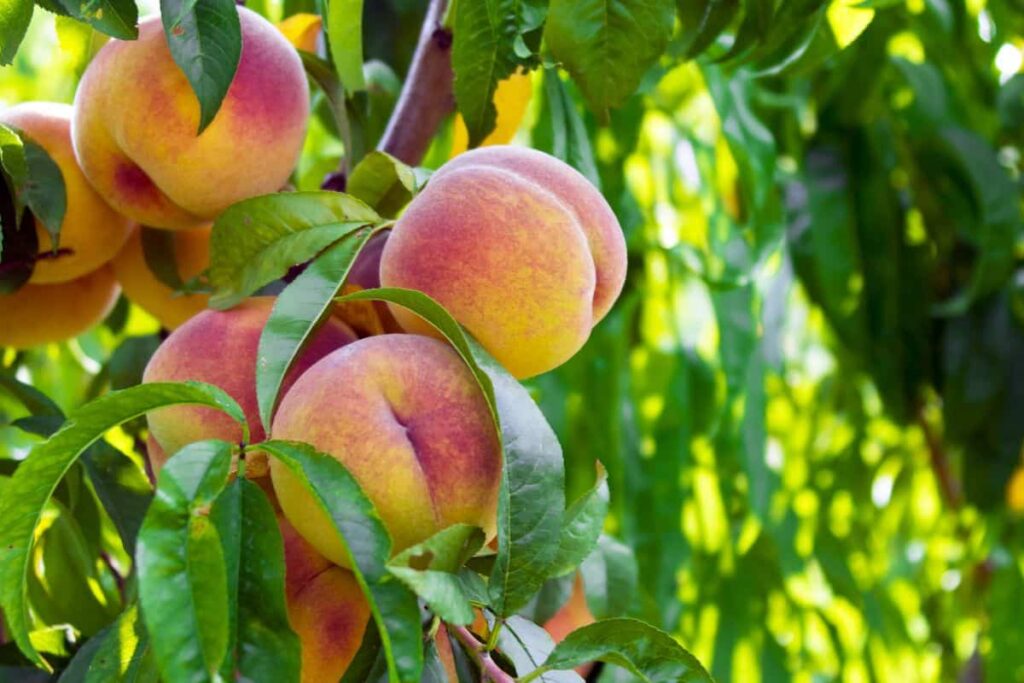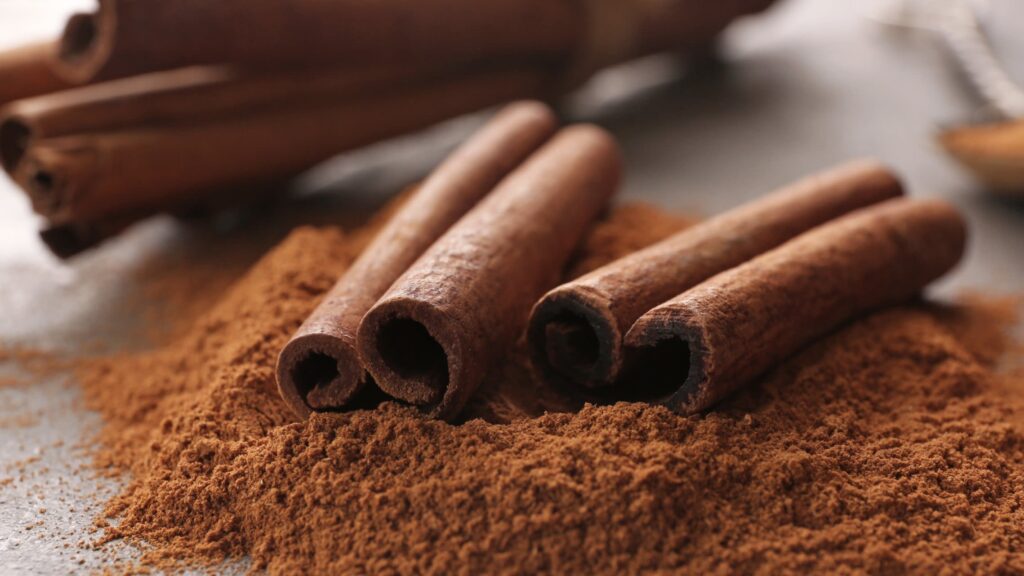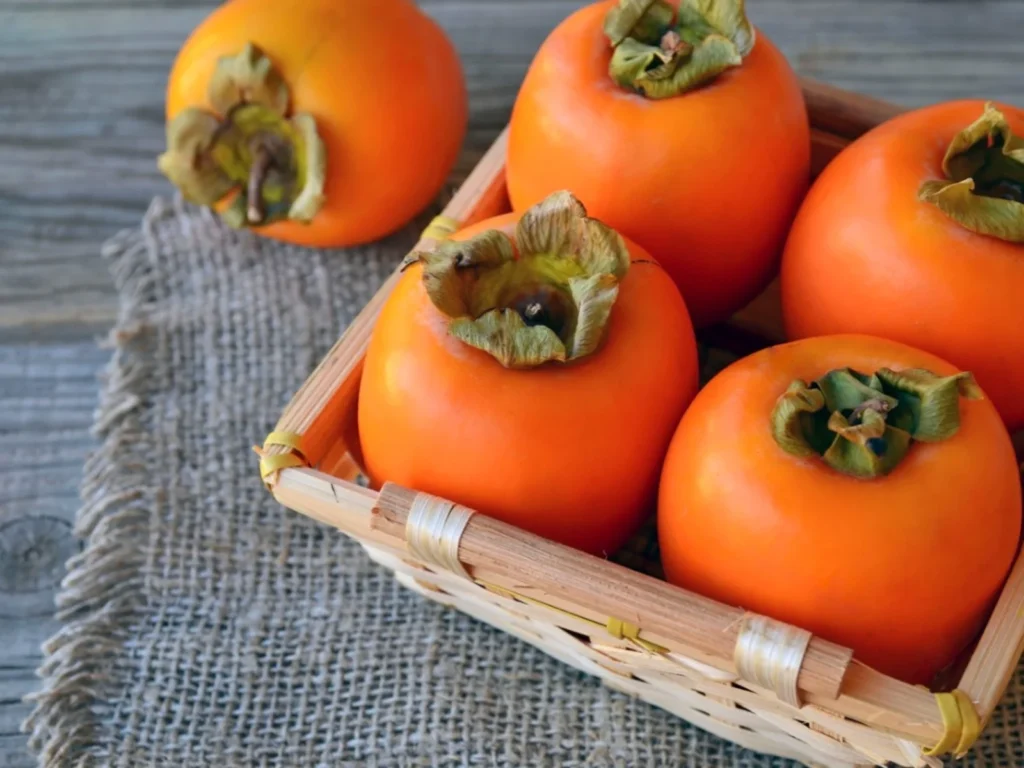If you have chickens, you might be thinking about whether it’s okay to give them some avocado to eat.
Feeding your chickens the right kinds of food is vital to keep them healthy and laying eggs. This article will dig into the question, “Is it okay for chickens to eat avocado?” We will look at all the important details you need to know when it comes to giving avocado to your chickens.
Table of Contents
- Can Chickens Have Avocado?
- Why Avocado Might be Bad for Chickens
- What’s the Problem with Avocados?
- What are the Dangers to Chickens?
- What to Keep in Mind
- Types of Avocados and Their Persin
- Eating in Small Amounts is Okay
- Parts of the Avocado Plant
- Every Chicken is Different
- Giving Chickens the Right Food
- What Chickens Need to Eat
- Other Treats to Try
- In Conclusion
- FAQs
- Can chickens eat avocado skins or pits?
- What are the symptoms of avocado toxicity in chicken?
- Can avocados be beneficial for chickens?
- Are there any avocados safe for chickens to eat?
- What should I do if my chickens accidentally eat avocados?
Can Chickens Have Avocado?
Chickens can eat the inside part of an avocado, but you have to be very careful. The seed and the skin have poison called persin, which is bad for chickens. But the soft part inside, the avocado flesh, is usually okay for them to eat.
Keep in mind that while some chickens can handle a bit of avocado without problems, others might not do so well. So, it’s a good idea to only give them avocado sometimes, and make sure they never eat the leaves, bark, or seed.
Also, you should only feed them ripe avocado. Hard, unripe, or over-dried avocados might have things in them that can stop chickens from properly digesting their food.
Why Avocado Might be Bad for Chickens
What’s the Problem with Avocados?
Avocados are tricky because they have persin, a poison that’s mainly in the outer parts like the leaves, bark, skin, and seed. While persin doesn’t bother us humans, it can be pretty dangerous for some animals, including chickens.
Some types of avocados have more persin than others. Even though people say that the avocado flesh doesn’t have much persin, it’s better to be safe and not let your chickens have too much.
What are the Dangers to Chickens?
Eating avocados can make chickens have a hard time breathing, feel weak, get paralyzed, and in the worst case, it can kill them. But chickens aren’t as easily hurt by persin compared to animals like horses or dogs.
Some chickens might just get a little sick from avocados, while others won’t be affected. Still, to keep your chickens safe, it’s best not to risk it.
What to Keep in Mind
Before you decide to feed your chickens avocado, there are a few things you should consider.
Types of Avocados and Their Persin
Not all avocados are the same; different kinds have different amounts of persin. For example, the Hass variety has more persin and can be more harmful.
If you’re growing avocados where your chickens wander, you need to know what type they are and if they’re safe for your chickens to nibble on.
Eating in Small Amounts is Okay
If you want to give your chickens avocado, make sure it’s only a tiny bit once in a while.
Feeding them a small amount now and then is safer than giving them a lot all the time. This way, they can enjoy different foods and you can keep them safe.
Parts of the Avocado Plant
The parts of the avocado plant, like the leaves, bark, and seed, have more persin.
You have to make sure your chickens can’t get to these parts because they could make them sick. If you have avocado trees, put up a fence or trim the tree so your chickens can’t reach the poisonous parts.
Every Chicken is Different
Just like people, chickens can react differently to foods. Some might be fine with avocado, while others could feel sick or uncomfortable.
Watch your chickens when they try avocado for the first time. If you see any of them acting strange or looking sick, it’s best to stop giving them avocado.
Giving Chickens the Right Food
What Chickens Need to Eat
Chickens need different kinds of food to be happy and healthy. They should eat things like grains, protein, fruits, vegetables, and stuff that has a lot of calcium.
Avocado can give them good fats and vitamins, but it shouldn’t be the main thing they eat. Always make sure they get the most important nutrients first.
Other Treats to Try
There are plenty of other treats you can give your chickens instead of avocado.
They might like things like mealworms, berries, melons, greens, or cooked veggies. These treats are full of good stuff that keeps your chickens in top shape.
In Conclusion
Chickens can have a little bit of avocado, but you need to be careful because of the poison called persin.
If you give them avocado, know which type it is, don’t let them have too much, and watch to see if they’re okay with it. By paying attention to these tips, you can help your chickens stay safe and healthy.
And remember, the best thing for your chickens is a balanced diet with a variety of healthy foods. With the right care, your chickens will be just fine.
FAQs
Can chickens eat avocado skins or pits?
It is not safe to let chickens eat avocado skins or the pits. These parts of the avocado have something called persin in them, which can be poisonous and harmful to chickens. Try to keep these parts away from your chickens to keep them safe.
What are the symptoms of avocado toxicity in chicken?
If a chicken eats avocado and gets sick from it, you might notice it having trouble with breathing, acting weak, not being able to move properly, and in some bad situations, the chicken might even die. Chickens aren’t as sensitive to avocado as some other animals, but they can still be affected by it.
Can avocados be beneficial for chickens?
Avocados do have some good things in them that chickens can benefit from, but you should only give them a very small amount once in a while. Avocados should not be a main part of a chicken’s diet. Chickens need a variety of other foods to stay healthy.
Are there any avocados safe for chickens to eat?
There are many kinds of avocados, and some have less persin than others. Some people think the soft part of the avocado that you eat does not have much persin and might be okay for chickens in small amounts. But because avocados can be risky for chickens, it might be best not to give them any, or only give them a very little bit sometimes.
What should I do if my chickens accidentally eat avocados?
If your chickens eat avocados by mistake and seem to be unwell or act strangely, you should get help from a vet right away. Quick treatment is important to reduce any danger to your chickens.
